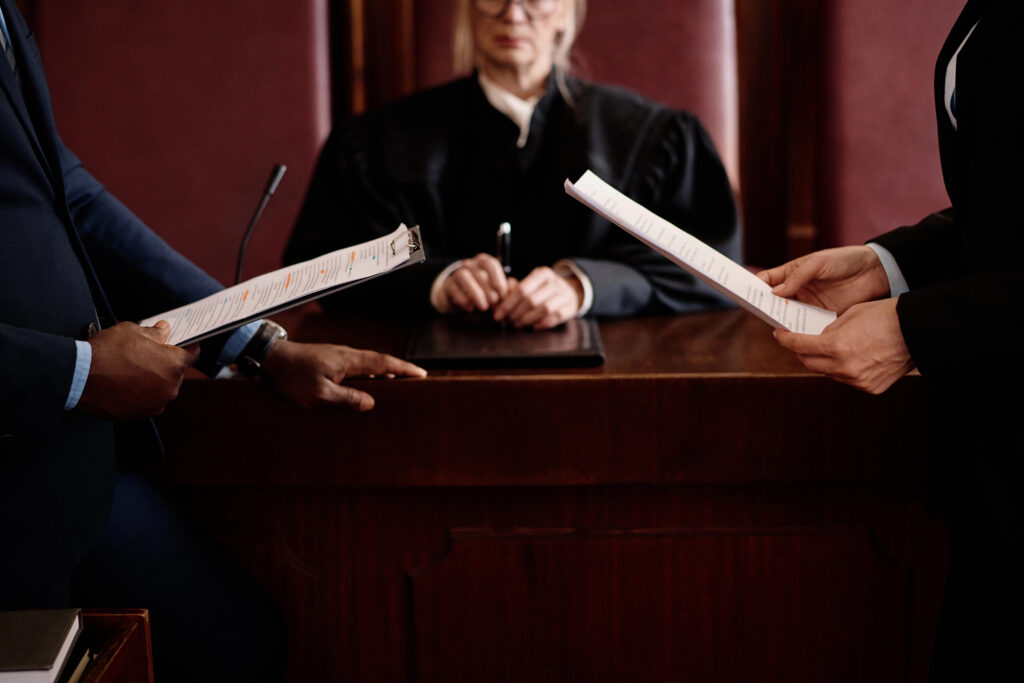If a person is incapacitated and cannot handle financial affairs, the probate court will appoint a conservator. The conservator must manage all assets and account annually to the incapacitated person and family members. The accounting must be submitted to the court for review. Sometimes, the court appoints an attorney to review the accounting for accuracy.
While most conservatorships are administered without serious discrepancies, court oversight is not without flaws. Thus, it is critical to have a competent and trustworthy conservator. There are many options for structuring a conservatorship, and each situation is different.
In both guardianship and conservatorship cases, the incapacitated person must be protected but also given as much decision-making freedom as reasonably possible. We understand that while conservatorships protect people, they also limit their freedom, and not everyone will make a good conservator. We are adept at helping clients ensure the right person is appointed and that he or she diligently fulfills all duties.
"*" indicates required fields

If a person becomes incapacitated without written Powers of Attorney, a court proceeding will be required to appoint someone to make financial and health care decisions. The probate judge will name

Only assets held in the decedent’s individual name are subject to probate. Property owned jointly with others typically passes directly to the surviving owners without going through probate.

If a person becomes incapacitated and cannot make medical or treatment decisions, a court proceeding may be necessary to appoint a family member or other person to help (i.e. a “Guardian”).

The probate court has jurisdiction over disputes concerning Estates, Trusts, Guardianships, and Conservatorships. Trusts generally avoid probate, but any dispute over a Trust’s administration is adjudicated
Our Advice Is Backed By 25 Years Of Experience.


Please send us your question and we’ll respond as soon as possible.
"*" indicates required fields